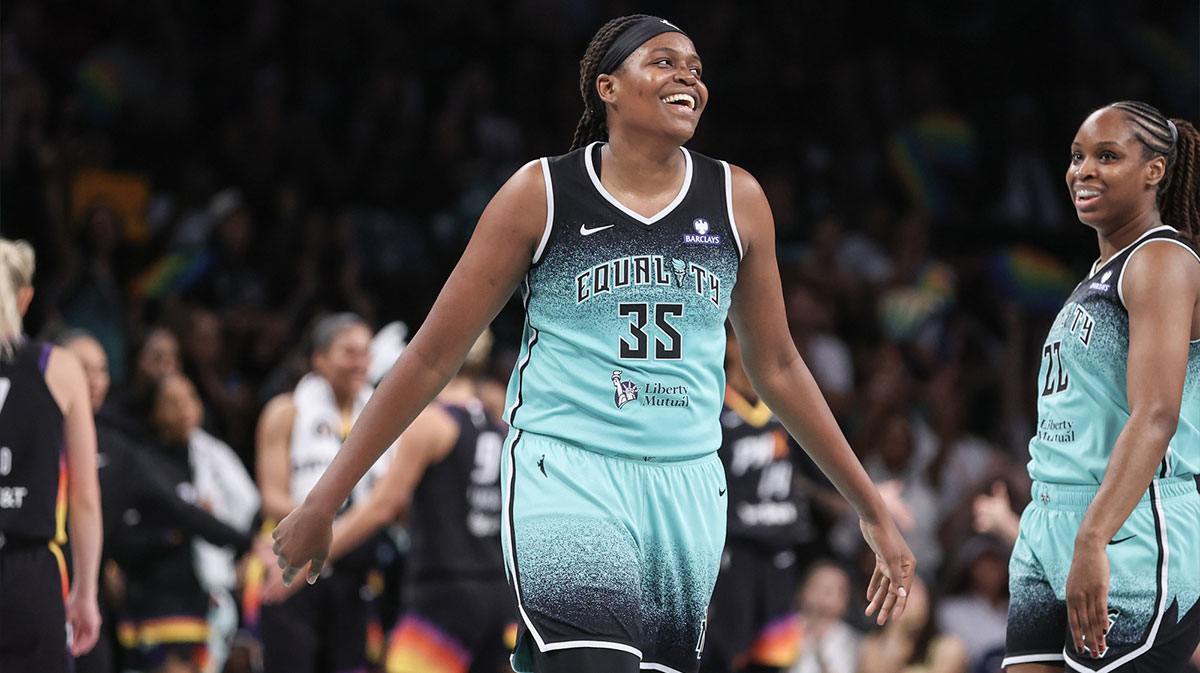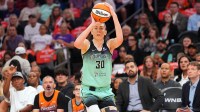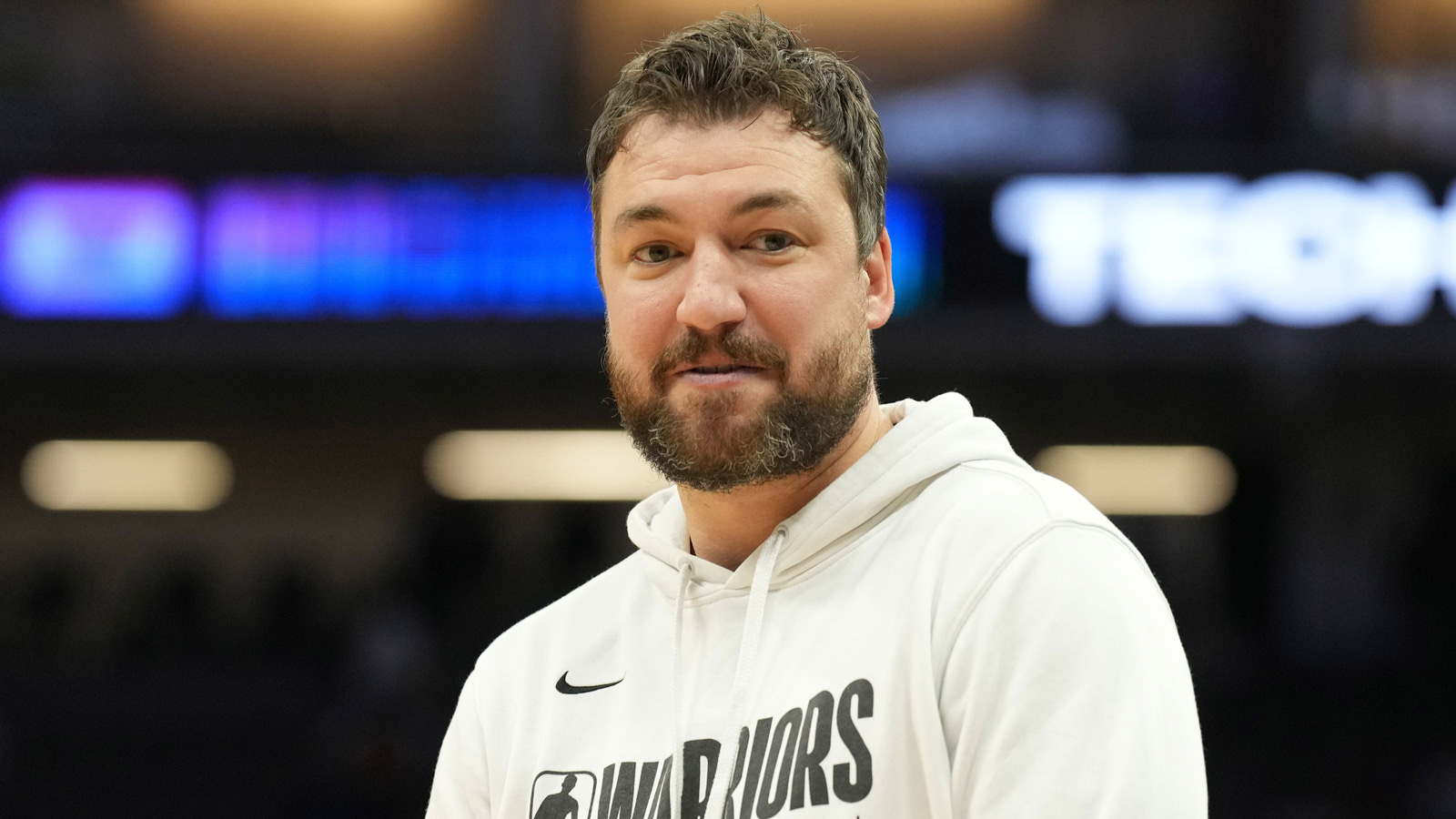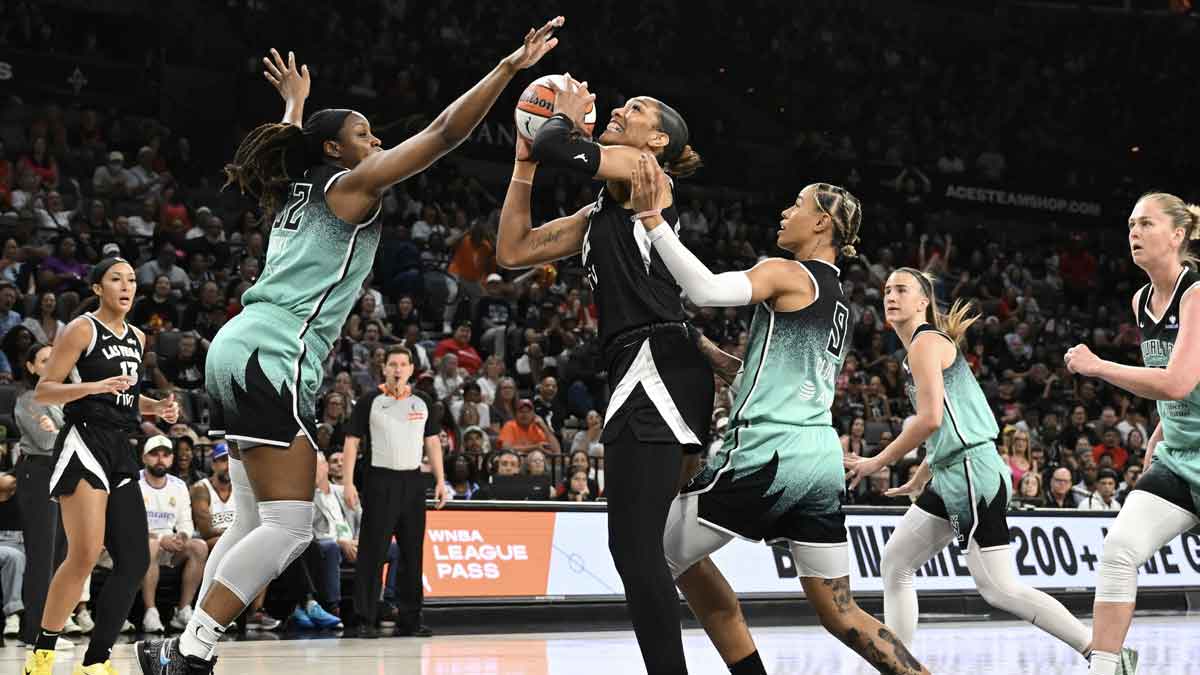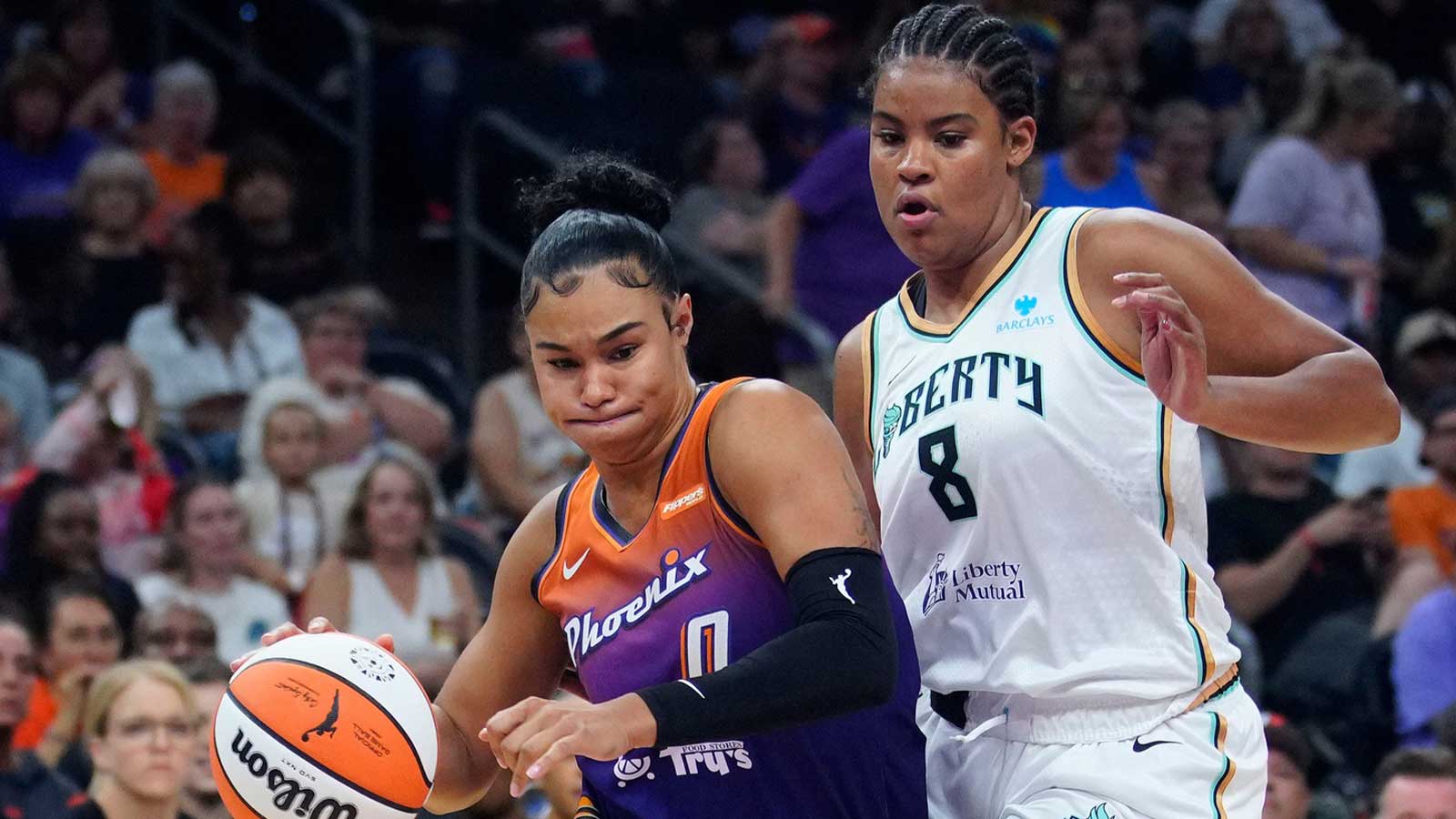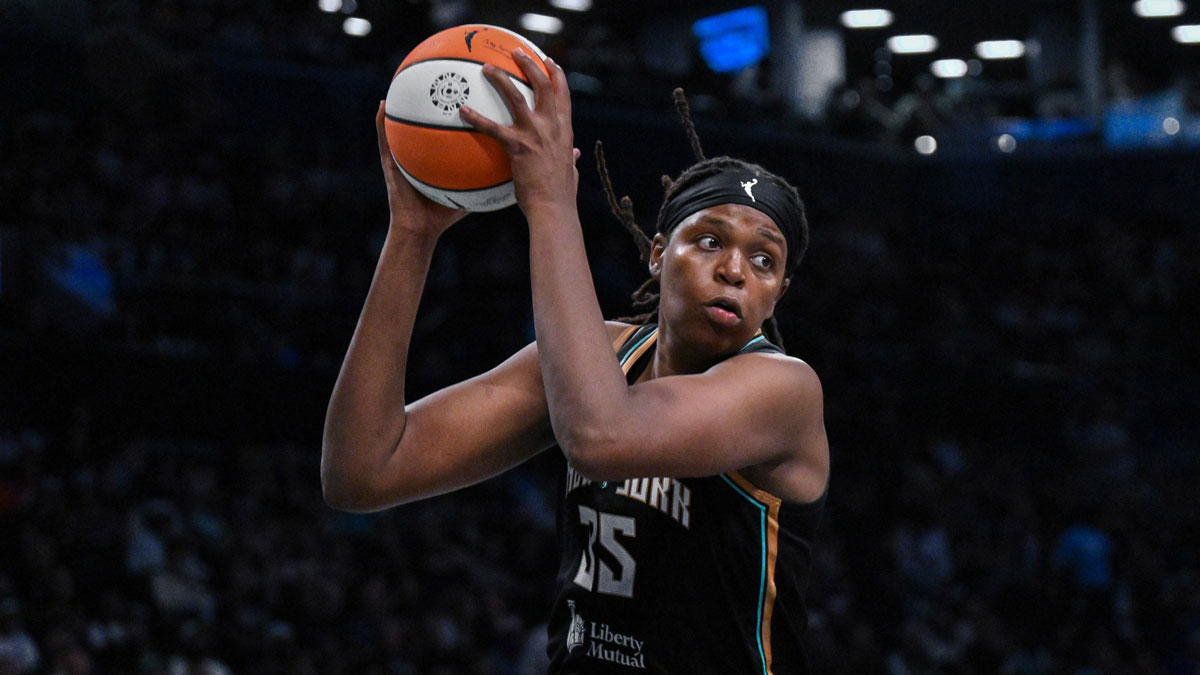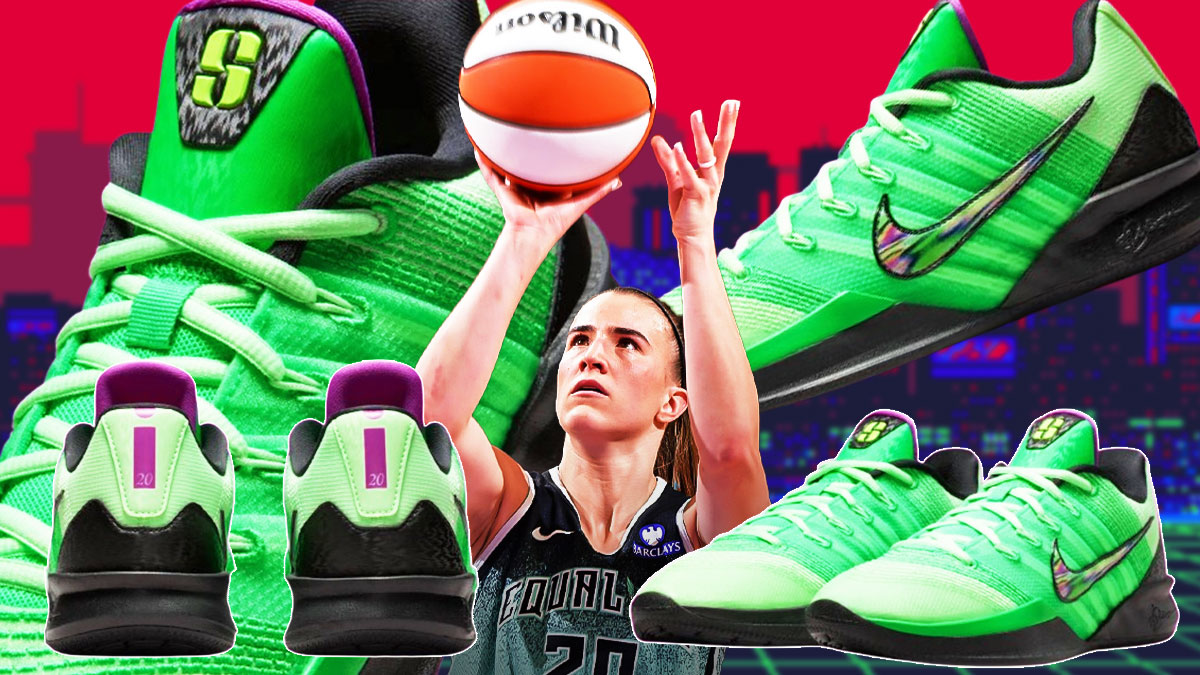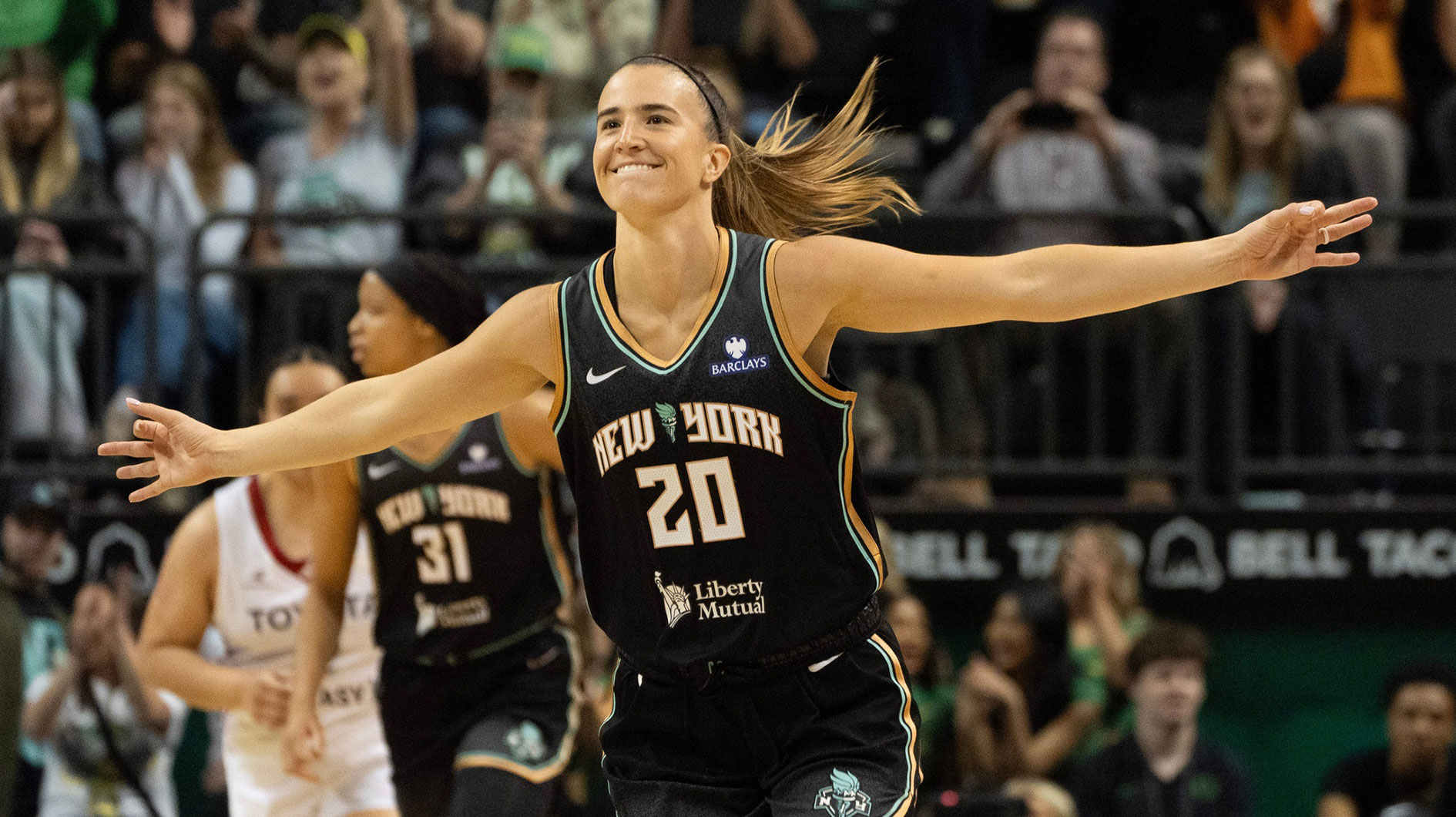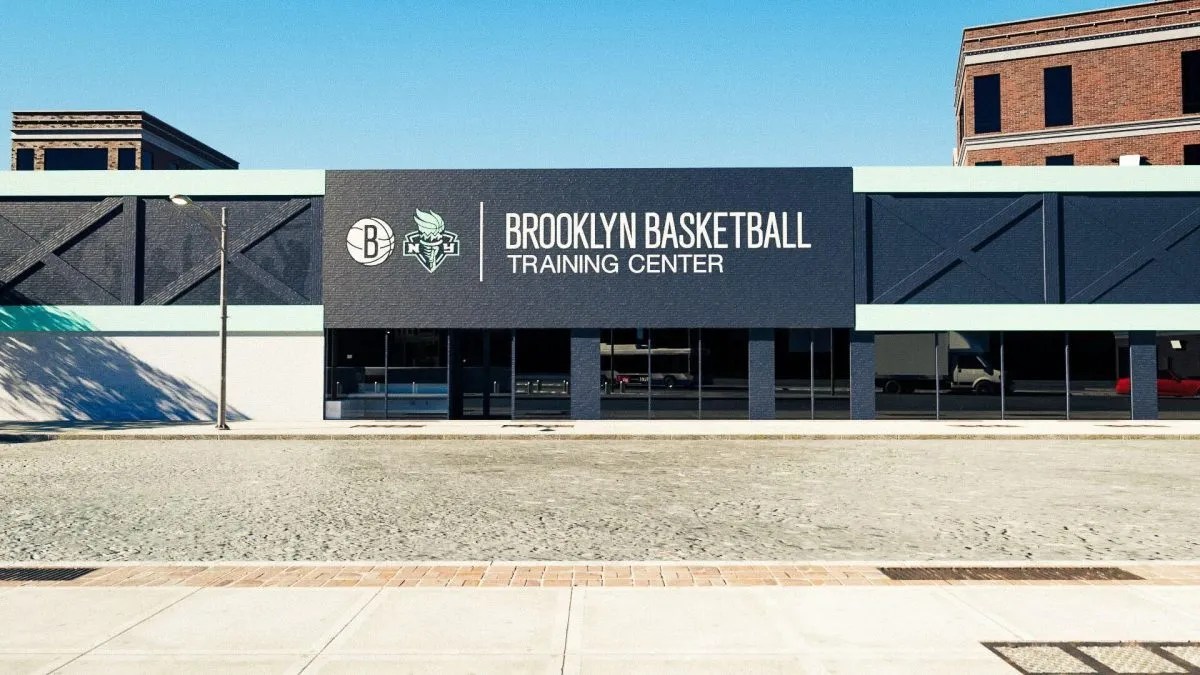Jonquel Jones has become known as one of the New York Liberty's shining stars. She helped lead the team to its first-ever WNBA championship in 2024 after joining the year prior, and she's been an integral part of the league's growth since being drafted in 2016. However, the five-time All-Star hasn't always felt like the clear standout that fans see her as today.
Jones was one of multiple WNBA players named as Glamour's Women of the Year for 2025, and she opened up about the effects her unique childhood still has on her as an adult. The 33-year-old moved to the United States from the Bahamas when she was just 13 years old, but her island upbringing stuck with her in many ways.
INBOX: @glamourmag announced their 2025 Women of the Year, and five WNBA players will be among the magazine’s covers: Napheesa Collier, Lexie Hull, Jonquel Jones, Nyara Sabally, and Satou Sabally. Through the theme of “Sisterhood,” there’s a conversation with these five players… pic.twitter.com/XtVZ67jaWj
— Myles (@MylesEhrlich) October 27, 2025
Although she speaks on the many peaks in the interview with the magazine, the valleys were what she had to work on overcoming as a Black queer woman from a more conservative background.
“We were the family that went to church every Sunday, and I was wearing dresses and frilly socks,” Jones explained. “I always felt like, ‘Why do I have to follow these [gender] rules? Why do I have to clean the house all day with my sisters, and my brother is able to just be outside or just throw the trash out, and then he's free for the rest of the day?'”
Jones was honest about the way the treatment made her and many people raised the same way often feel.
“I always just felt some type of way about the stereotypes or the roles that Bahamian society, or society in general, was putting on women. I felt like they just wanted us to be less free,” she said. “And so for me, I just felt like the clothing that I was wearing represented finding my freedom.”
Jones expanded those thoughts to explain how she used clothing and her notable fashion sense as a method of self-expression that helped her process those feelings.
“When you come from a place where being yourself can be considered a bad thing, it feels really good to get validation from the world in general to really say, ‘No, it's okay to live your truth. It's okay to be who you are.'
Jones continued, “Not just in the WNBA, but even just living in New York City. I see it everywhere. I see people being themselves and being genuinely happy and not feeling that they have to shy away from who they are. All those things just remind me that all of my hard work, all of my effort, all those things aren't being overlooked simply because I choose to love another woman, or I choose to wear a button-up shirt versus a dress,” she said.
Those sentiments extend to the W and how far the league has come in terms of visibility. Jones described the change she's witnessed first-hand and how it's impacted professional women's basketball players today.
“Gone are the times where people treat their WNBA teams like the stepchild or the stepkids,” Jones said. “The league is growing and moving in the right direction, and we need ownership and people that are aligned with that vision to continue to grow the sport and to give professional athletes what they deserve.”
That's a far cry from how Jones felt back in 2022, when she tweeted from her X, formerly Twitter, account about seats “disappearing from the table” as a result of her identity as a masculine queer Black woman, echoing the challenges she dealt with earlier in her personal life. As of 2024, she told Complex she more or less felt the same way, saying she was unsure whether endorsement “opportunities are necessarily there for me by myself as a player” without her attachment to the Liberty but that she was still “fighting for those deals.”
However, now Jones gets to reap the rewards of her efforts with opportunities like her collaboration with Nike on the KD 17 Bahamas and her invitation to the Met Gala. She embodies the confidence to have casual chats with former Vogue editor-in-chief and the event's organizer, Anna Wintour, and she commits to moving “through that space like I belong, because I do,” drawing on the highlights of her Bahamian roots.
“I'm an extroverted introvert, and when I enter spaces like that, I think the Bahamian in me — the Caribbean girl in me — comes out a little bit, and I can move through those spaces as myself. I let my culture, I let all of the pieces of me, just shine through.”

